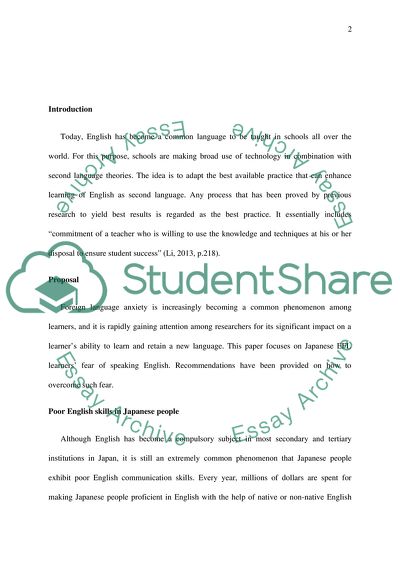Cite this document
(“Speaking skill in teaching English as second language Essay”, n.d.)
Retrieved from https://studentshare.org/english/1646844-speaking-skill-in-teaching-english-as-second-language
Retrieved from https://studentshare.org/english/1646844-speaking-skill-in-teaching-english-as-second-language
(Speaking Skill in Teaching English As Second Language Essay)
https://studentshare.org/english/1646844-speaking-skill-in-teaching-english-as-second-language.
https://studentshare.org/english/1646844-speaking-skill-in-teaching-english-as-second-language.
“Speaking Skill in Teaching English As Second Language Essay”, n.d. https://studentshare.org/english/1646844-speaking-skill-in-teaching-english-as-second-language.


